
Introduction
Understanding the Basics of Programming Tools
Before diving headfirst into the fascinating world of code, it’s crucial to grasp the fundamentals—essentially, the tools that will guide your journey. Just like a painter doesn’t start with a blank canvas without brushes or colors, a budding programmer shouldn’t embark on writing programs without a solid toolbox.
Programming tools are your companions through the highs and lows of coding. They help streamline your workflow, automate mundane tasks, and even catch mistakes before you realize you’ve created a digital monster. Think of them as your safety net, ready to catch you when you stumble across syntax errors or forget to save your work.
Why Programming Tools are Essential for Beginners
For beginners, having the right tools can make your learning experience more enjoyable and less frustrating. Here’s why they’re indispensable:
- Simplify Workflow: Tools can automate repetitive tasks, leaving you more time to focus on learning.
- Error Detection: Mistakes happen. Tools help identify them beforehand, minimizing headaches.
- Learning Curve: Many tools come equipped with features that aid in understanding complex concepts.
As someone who once spent hours tracking down a missing semicolon, trust me—mastering these essential programming tools is the first step to becoming a confident coder!
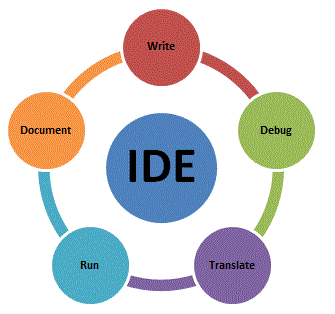
Integrated Development Environments (IDEs)
Definition and Purpose of IDEs
Now that you’re clued in on the basic programming tools, let’s dive into one of the most critical components: Integrated Development Environments, or IDEs for those of us who appreciate a good acronym. An IDE is much more than just a fancy text editor; it’s a one-stop shop where you can write, test, and debug your code all in one place.
Imagine walking into a kitchen stocked with all the gadgets—mixers, ovens, and tools—streamlining the cooking process. Similarly, an IDE provides:
- Code Editor: A space to write your code with features like syntax highlighting.
- Debugger: A built-in tool to help track down and fix mistakes.
- Compiler/Interpreter: Turns your code into a language the machine can understand.
Popular IDEs for Beginners
Finding the right IDE can feel like navigating a sea of options, but here are a few popular ones that even newbies can embrace:
- Visual Studio Code: Lightweight, customizable, and offers a plethora of extensions.
- PyCharm: A favorite among Python enthusiasts, complete with code suggestions and project navigation.
- Eclipse: Perfect for Java programmers, with plenty of plugins to enhance functionality.
By choosing an IDE that suits your style, you’ll be laying a strong foundation for your coding endeavors!
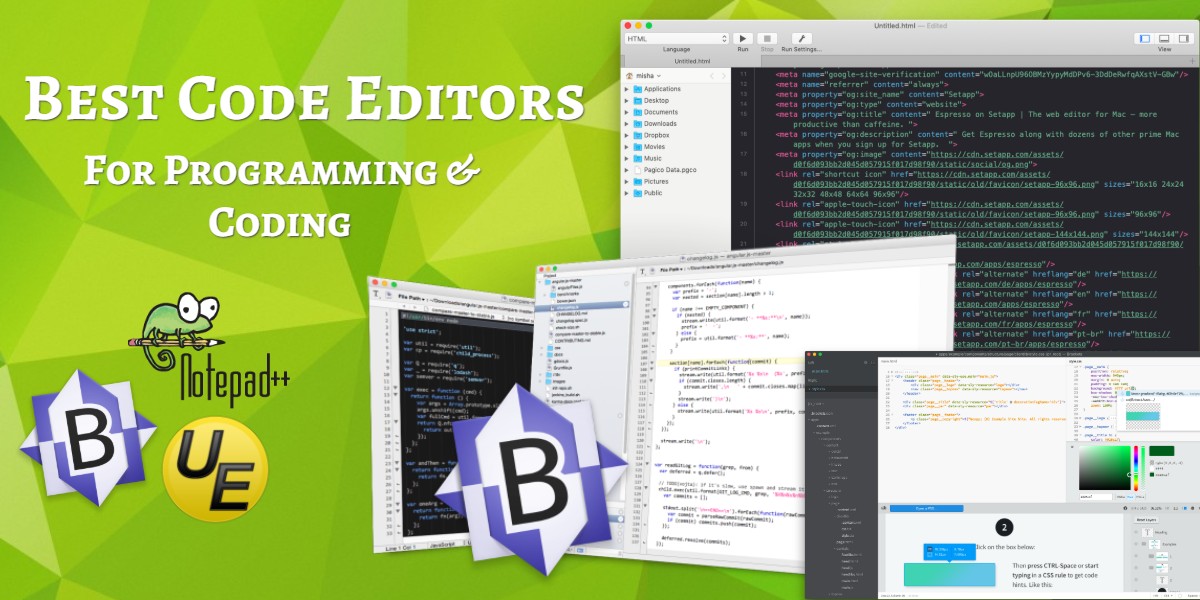
Code Editors
Introduction to Code Editors
Transitioning from Integrated Development Environments (IDEs), let’s talk about code editors—those minimalist tools that keep things streamlined and focus solely on coding. While an IDE can sometimes feel like a Swiss Army knife of features, code editors are like that trusty pen you carry everywhere. They’re lightweight and incredibly fast, making them perfect for those quick edits or even for grabbing a bite of code on the go.
Code editors are designed specifically for coding and usually come with essential features like:
- Syntax Highlighting: Which colors your code, making it easier to spot errors.
- Autocomplete: A lifesaver for those lazy typists (like me), helping to complete your code snippets.
- Customization: Many editors allow you to tweak settings to fit your coding style.
Comparison of Notable Code Editors
Not all code editors are created equal. Here are a few prominent players you might consider:
- Sublime Text: Fast, lightweight, and a large community-driven package ecosystem.
- Atom: Highly customizable and open-source, which makes it a favorite among developers.
- Notepad++: A classic choice for Windows users, offering a simple interface with plenty of features.
Each has its perks, making it crucial to pick one that matches your coding philosophy. Happy coding!
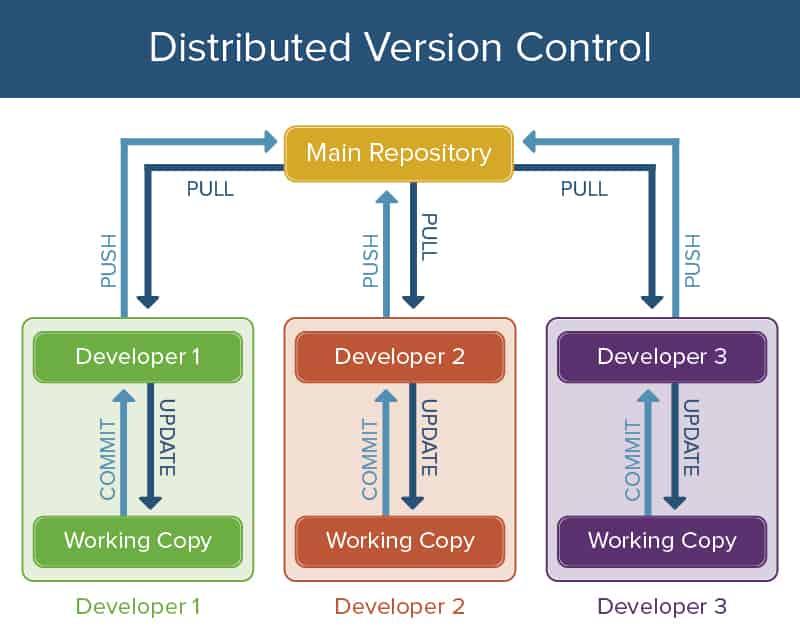
Version Control Systems
What are Version Control Systems?
Now that you’ve gotten the hang of code editors, let’s explore another essential tool: Version Control Systems (VCS). If you think of coding as crafting a novel, a VCS helps you keep track of all the changes—plot twists, character development, or even the elimination of those cringe-worthy paragraphs.
So, what exactly is a VCS? It’s a system that records changes to files over time, allowing you to revert back to previous versions if needed. It’s like a time machine for your code! There are primarily two types:
- Centralized Version Control Systems (CVCS): One central server stores all the version history, making it easy to collaborate but can be a single point of failure.
- Distributed Version Control Systems (DVCS): Each contributor has a full copy of the project, enhancing collaboration and resilience.
Importance of Version Control for Beginners
For beginners, using a version control system can feel like wearing a seatbelt while driving—necessary for safety. Here’s why you should embrace it:
- Backup: Easily restore previous code versions if a bug sneaks in.
- Collaboration: Work seamlessly with others, avoiding the dreaded “who changed what?” drama.
- Learning Curve: Get used to coding best practices from the start.
Trust me, once you experience the peace of mind a version control system brings, you’ll never want to code without it!

Package Managers
Role of Package Managers in Programming
Just when you thought you had a handle on all these tools, let’s dive into package managers. Picture yourself planning a big dinner party; you wouldn’t just throw ingredients together haphazardly, right? Instead, you’d want to gather the right supplies ahead of time. That’s precisely the role of package managers in programming—they automate the process of installing, updating, and managing libraries and dependencies for your projects.
In simple terms, a package manager helps you fetch the necessary tools you need for your coding adventure, making sure everything is compatible. This saves you from the headache of manually hunting down versions and ensures you’re using the latest and greatest features.
Commonly Used Package Managers
Now, let’s talk about some popular package managers you might encounter on your journey:
- npm (Node Package Manager): The go-to for JavaScript developers, perfect for managing packages in Node.js projects.
- pip: For Python enthusiasts, pip makes it easy to install and manage Python libraries effortlessly.
- Homebrew: A popular choice among Mac users, it simplifies software installation and management on macOS systems.
With these handy tools in your arsenal, you’ll feel like you have a personal assistant, making your coding life just a tad easier!
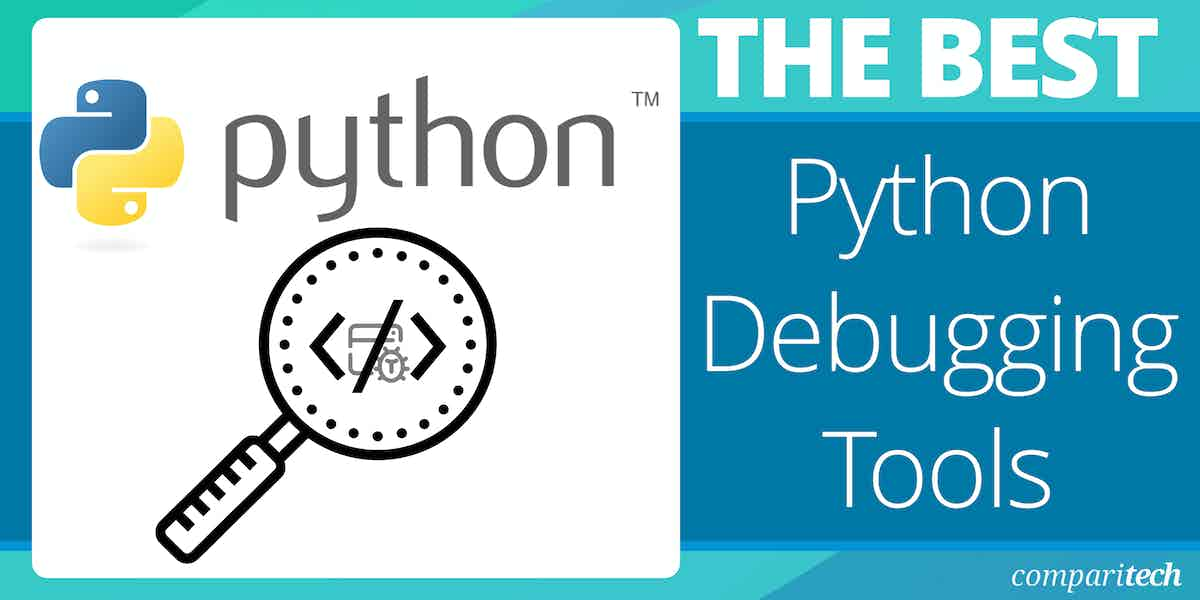
Debugging Tools
Importance of Debugging in Programming
As we wade through the waters of programming, we inevitably encounter that pesky creature known as the “bug.” Debugging is the process of identifying, isolating, and fixing these little gremlins that disrupt your code’s flow. Think of it as hunting for hidden treasures—sometimes you find a gem, and other times, you just wish you could hit the “undo” button on life.
Debugging is crucial for several reasons:
- Improves Code Quality: Fixing bugs ensures that your code runs smoothly, enhancing its reliability.
- Boosts Confidence: Successfully troubleshooting an issue offers a gratifying sense of accomplishment.
- Increases Efficiency: A well-debugged program performs better, making it less of a chore to work with.
Tools for Debugging Code for Beginners
For beginners, diving into debugging can feel overwhelming, but fear not! Several tools can simplify the process:
- Browser Developer Tools: For web developers, these built-in tools let you inspect and debug JavaScript right from your browser.
- GDB (GNU Debugger): A powerful tool for C/C++ programmers that helps track down where things are going awry.
- Visual Studio Debugger: Perfect for .NET developers, it comes integrated with step-through debugging features.
Embracing these debugging tools will not only bolster your coding skills but also make the journey significantly more enjoyable!

Online Resources and Communities
Benefits of Utilizing Online Resources
As you navigate through your coding journey, online resources are like a treasure chest bursting with knowledge waiting to be discovered. With a few clicks, you can find tutorials, documentation, and videos that can turn confusing concepts into crystal-clear understanding.
Here are a few benefits of utilizing these resources:
- Accessibility: Learn at your own pace, anytime, anywhere, thanks to countless free and paid resources available online.
- Diverse Learning Styles: Whether you’re a visual learner or prefer text, you can choose resources that suit your style—think videos, blogs, and interactive platforms.
- Up-to-Date Information: The tech world evolves rapidly, and online resources often provide the newest trends, tools, and best practices.
Engaging with Programming Communities
But don’t stop at solo learning! Engaging with programming communities can spark inspiration and connect you with like-minded individuals. Here’s why joining these communities is essential:
- Networking: Meet fellow developers, potential mentors, or even future collaborators.
- Problem Solving: Share challenges and get advice from experienced coders who have faced similar issues.
- Motivation: Seeing others’ projects and progress can boost your morale and stimulate your creativity.
Through online resources and communities, you’ll gather knowledge and support, making your journey far less lonely and infinitely more enriching!
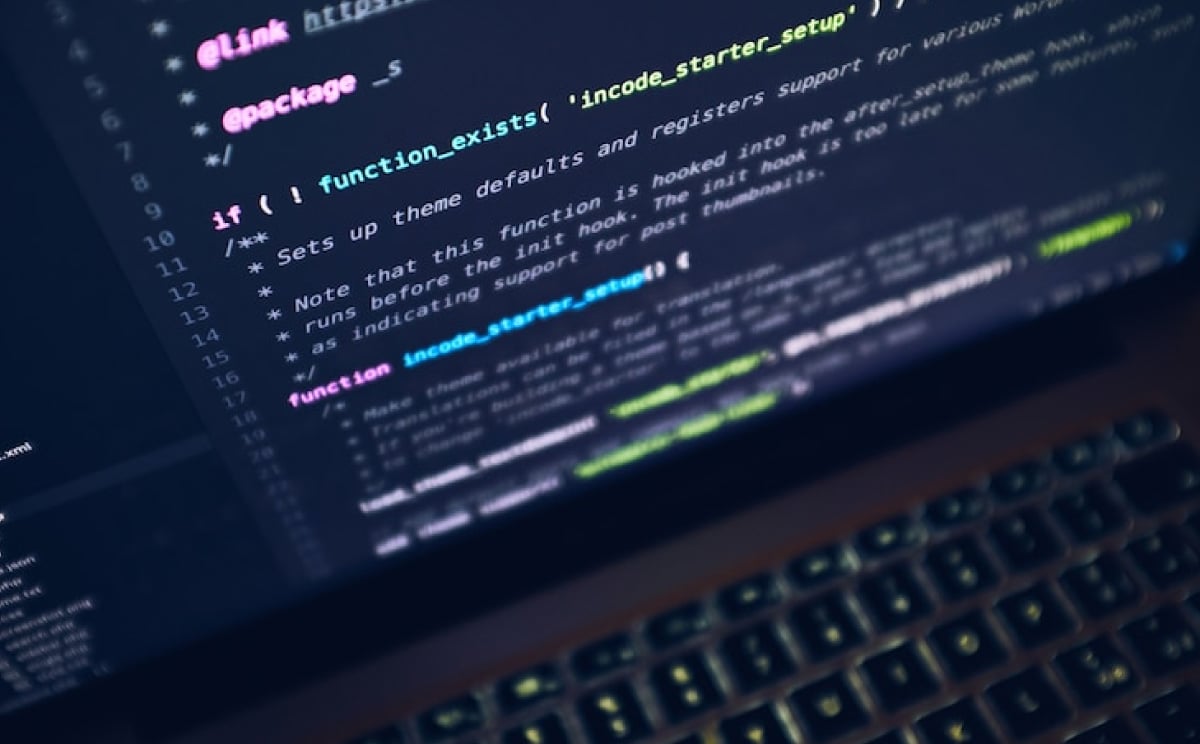
Conclusion
Recap of Essential Programming Tools
As we wrap up this coding journey, let’s take a moment to recap the essential programming tools that will set you on a path to success. From Integrated Development Environments (IDEs) that consolidate your workflow, to code editors that provide a nimble workspace, each tool plays a unique role in your development process.
We also explored the significance of Version Control Systems for keeping track of your project’s history, Package Managers for handling libraries with ease, and Debugging Tools to tackle those sneaky bugs. And let’s not forget the value of Online Resources and Communities, which provide endless knowledge and support.
Final Tips for Beginners
Before you dive back into the code, here are some final tips:
- Experiment: Don’t be afraid to try different tools to find what suits your style.
- Stay Curious: Continuous learning is key in tech. Keep exploring new resources.
- Don’t Fear Mistakes: Each bug is a step toward becoming a better programmer.
So roll up those sleeves, embrace the tools at your disposal, and remember: the journey is just as important as the destination. Happy coding!
